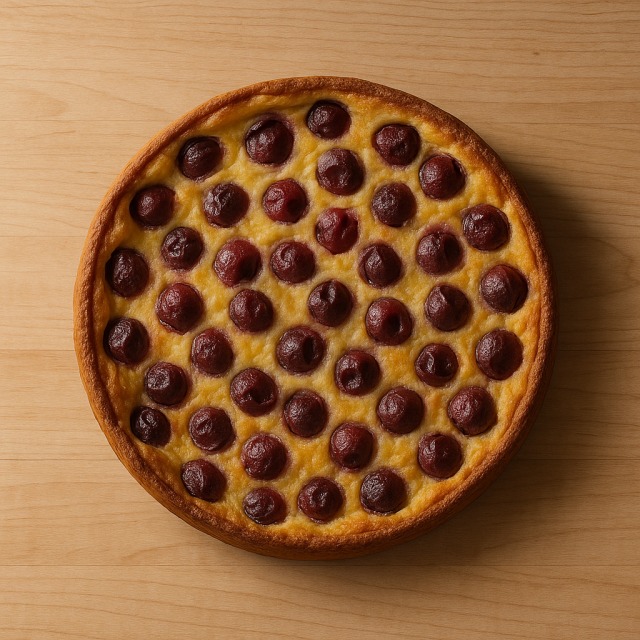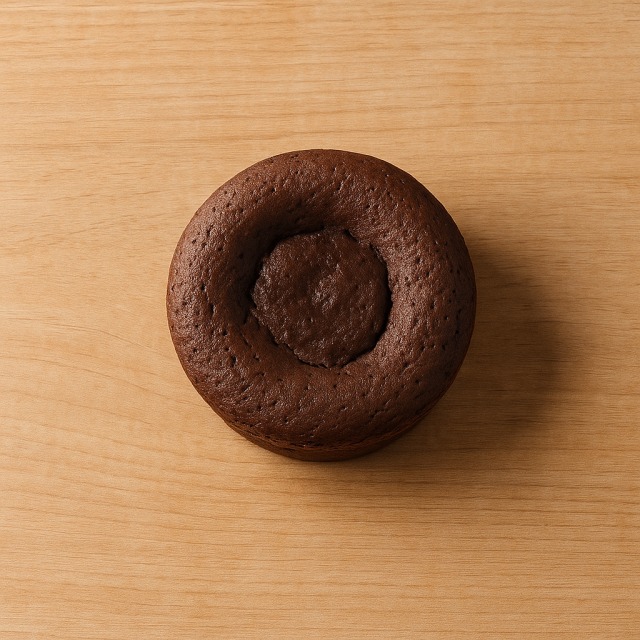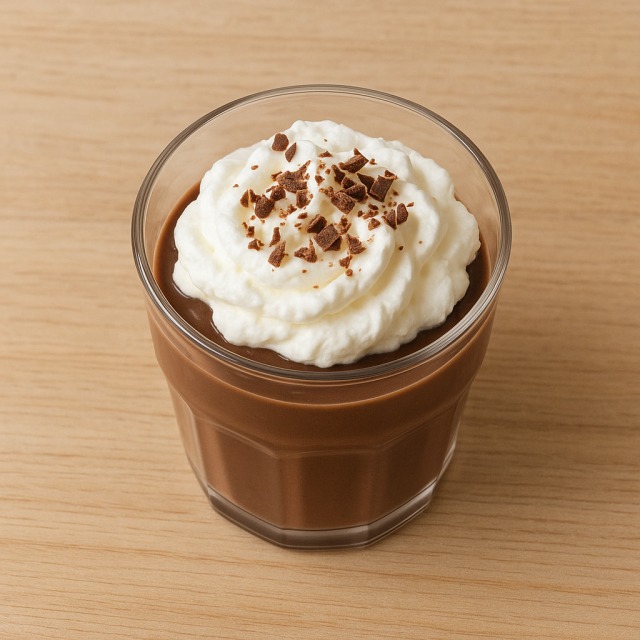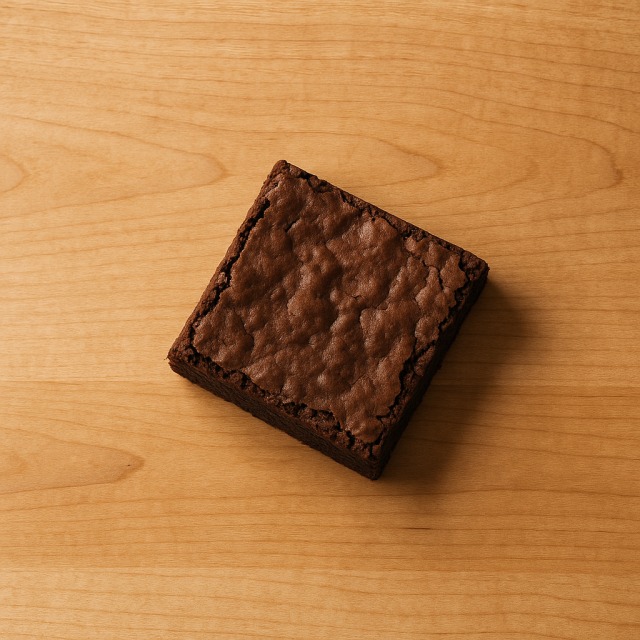Calorie Chart / Desserts / Macaron
How Many Calories Are in Macaron?
Calculation of the nutritional value & Recommended Dietary Intake of macaron
For g and a calorie requirement of kcal
| Calories 90 kcal | Proteins 1.8 g | Lipids 4 g | Carbohydrates 11 g |
| 5% | 2% | 6% | 4% |
Health benefits of macaron
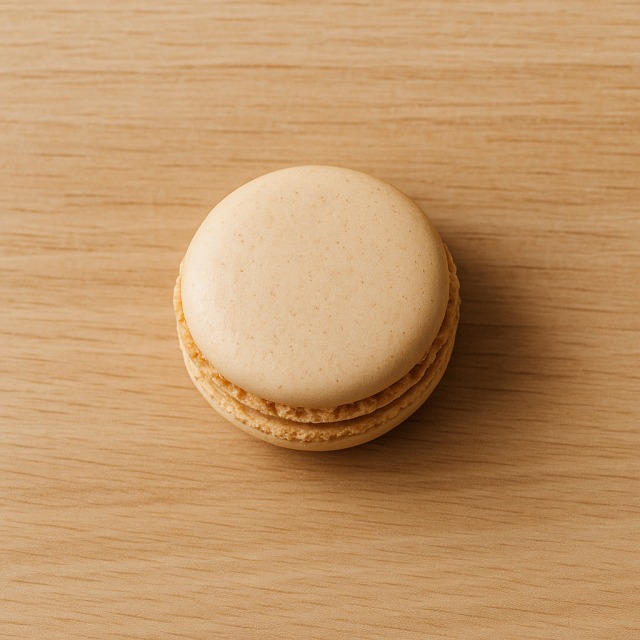
Macaron - 100g
Calories 452 kcal
Proteins 9.2 g
Lipids 20 g
Carbohydrates 57.2 g
With about 452 kcal per 100 g, the macaron is clearly a high-calorie confection. Those calories come mostly from sugar and finely ground almond, which also delivers unsaturated fats and a touch of plant proteins. Because of its dense calories, even a small portion rapidly supplies energy – useful when you need quick fuel but easy to overdo if you already struggle with excess calories.
The almonds hidden inside each macaron contribute vitamin E (an antioxidant that helps protect cells), magnesium, calcium, and potassium. Egg white – another basic ingredient – adds riboflavin (vitamin B2) and provides structure without extra fat. Nevertheless, remember that the generous filling often contains added butter or butter-based ganache, increasing both lipids and calories.
Originally an Italian almond biscuit brought to France by Catherine de Medici in the 16th century, the modern colorful macaron gained fame in the 19th century thanks to Parisian pâtissiers such as Ladurée. Its elegant look explains its continued popularity despite its calories, and its naturally gluten-free shells can interest people with wheat intolerance (as long as the filling is checked).
In summary, the macaron is calorie-dense but also supplies useful vitamin E and minerals; just keep a close eye on calories if weight control is your goal.
Tips for incorporating macaron into a balanced diet
Because macarons pack many calories into a light bite, portion control is key: one or two pieces (roughly 15–30 g) contribute 70–135 kcal. Enjoy them at the end of a balanced meal that features lean protein and fiber so that the additional calories have less impact on blood sugar. For example, finish a plate of grilled salmon with steamed broccoli and brown rice with a single macaron instead of a heavier pastry.
Pairing ideas that limit extra calories: serve a raspberry macaron with a bowl of fruit salad; match a coffee-flavored macaron with a mug of unsweetened coffee; or enjoy a pistachio macaron alongside protein-rich yogurt for a satisfying snack. These combinations temper the confection's calories while adding volume and nutrients.
When preparing homemade macarons, you can slightly reduce calories by substituting part of the icing sugar with powdered erythritol and replacing buttercream fillings with a lighter cream-cheese-based mousse. However, altering the recipe too much can affect texture, so test small batches first.
Finally, athletes in a bulking phase can strategically use the macaron's concentrated calories as a quick post-workout treat paired with a protein shake; those aiming for fat loss should log the calories carefully in their tracker.
Frequently Asked Questions
- How many calories are in a macaron?
- There are 452 kcal per 100 g.
- Is a macaron high in calories compared with other desserts?
- Yes; bite for bite, it is richer in calories than a plain crêpe or a slice of pound cake, though a small macaron weighs only about 15 g.
- Can I fit macarons into a low-calorie diet?
- Yes, but you must plan for the calories: enjoy one macaron and balance the rest of the day with low-calorie foods such as cucumber sticks or a cup of herbal tea.
- Do macarons provide any nutrients beyond calories and sugar?
- They supply vitamin E, magnesium, and a moderate 9.2 g of protein per 100 g thanks to their almond and egg content.
- Are macarons gluten-free?
- The shells are naturally gluten-free, but some fillings might add traces; always check labels if you are coeliac.
- How can I reduce calories when baking macarons at home?
- Use less butter in the filling, choose fruit purée instead of ganache, and consider partial sugar substitutes, but expect subtle texture changes.
Similar foods
Information provided by Calorie Menu may contain inaccuracies or errors. It cannot, under any circumstances, substitute medical advice or medication.
